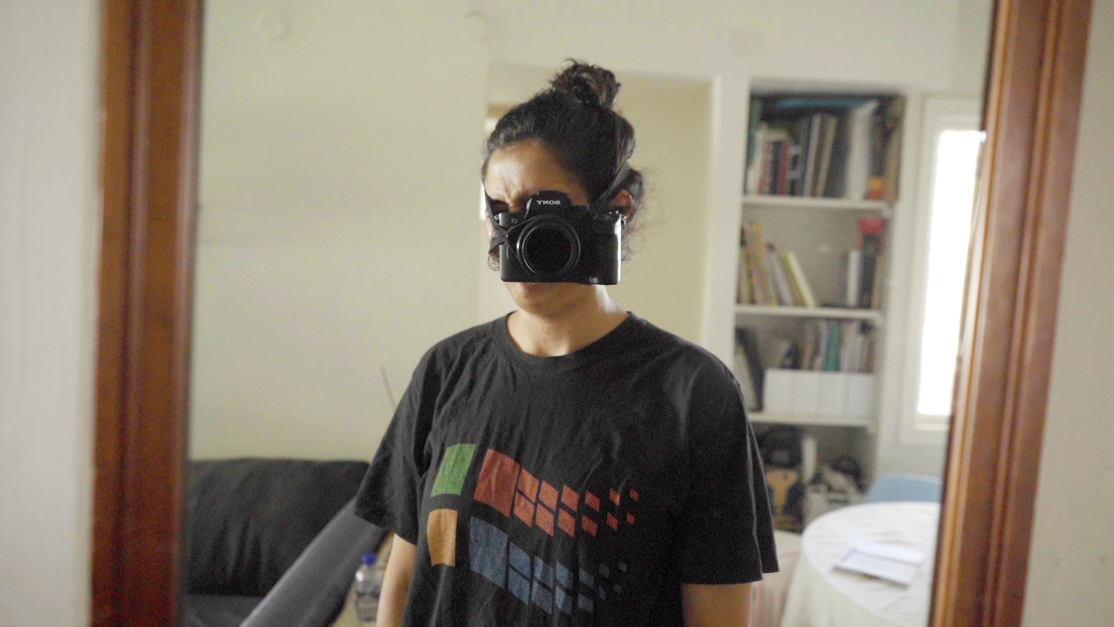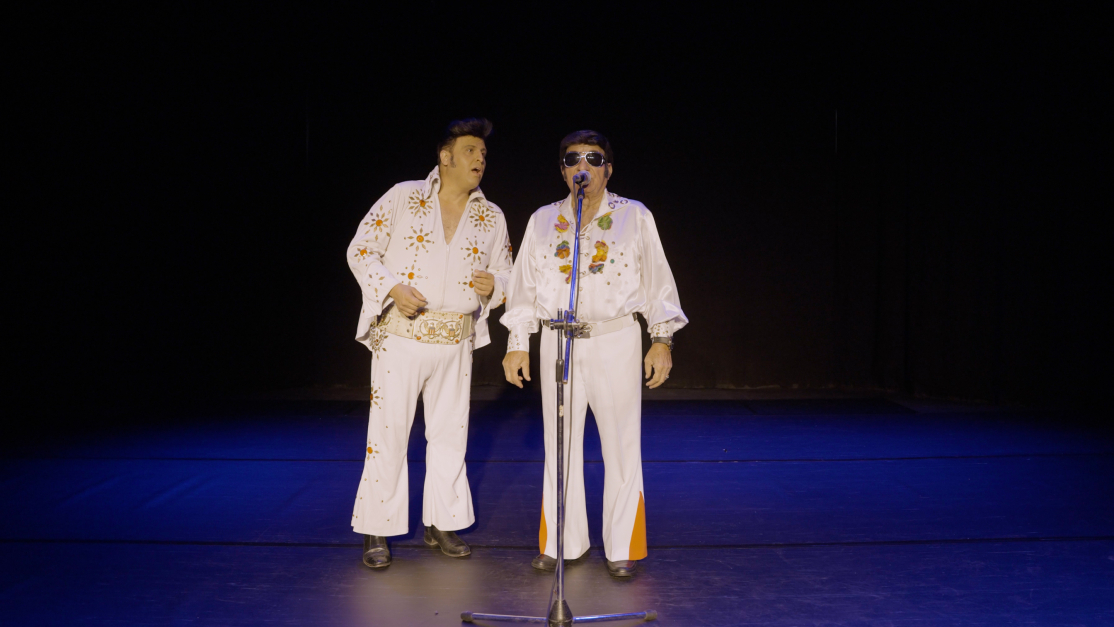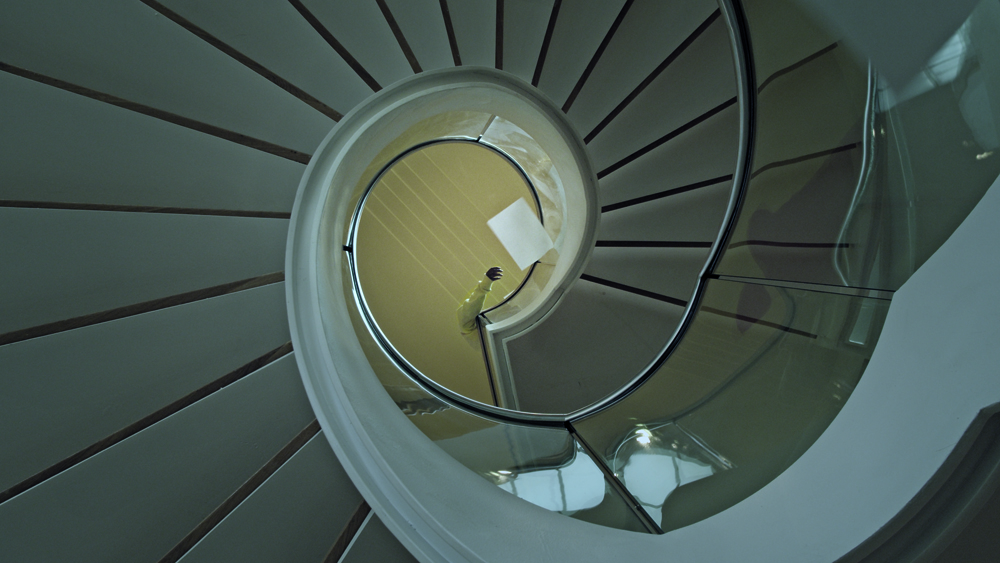The Flâneuse
Duration: 43 minutes
The figure of the flâneur, as described by Walter Benjamin and others, has traditionally been marked by gender: the male wanderer moves freely through unfamiliar urban spaces by day or night, facing a very different set of risks than those that would likely be encountered by a female flâneur. This selection of works presents alternative models of female wandering—through varied urban scenes, in search of fragments of urban nature, and in the deconstruction of the city into sounds and images.
Location
Ticho House, JerusalemDate
Thursday, 10.7.25Time
22:00
Techno-Botanic Tale
Lior Yeger
Lior Yeger’s film, created as part of her studies in the Photography Department at the Bezalel Academy, is a unique and imaginative act of wandering that captures contemporary life in Jerusalem while reflecting on the relationship between photography, perception, and vision. With a camera strapped to her eye like a patch, Yeger embarks on an urban journey in search of a local plant believed to act against depression. A series of chance encounters—born of the constraint she imposed on herself—frames her photographic practice as one that opens up a field of social possibilities while simultaneously obstructing vision itself.

Escape Will Get You Tonight
Noa Simhayof Shahaf
Noa Simhayof Shahaf‘s work is a documentary drift—at times shadowy—through places, periods, cultural scenes, and personal identities. At its center is Eran Levron, an Elvis Presley impersonator. The camera follows Levron as he moves, sometimes with great difficulty, between his familial identity and stage persona, and between the dazzling past he longs to inhabit and the realities of contemporary Israeli life. In parallel, Simhayof Shahaf constructs a stream of semi-staged events set in an escape room where there is no day or night.

Voices and Shells
Maya Schweizer
Maya Schweizer is a cinematic flâneur. In her work Voices and Shells, she gathers images and sounds collected during her artist residency in Munich, Germany, interweaving them with archival footage. The starting point is the city’s sewer system, from which she ascends to the river that runs through Munich and to the façades of its buildings—including those constructed during the Third Reich. As in her other works, she creates a collage of natural and artificial sounds and layered perspectives on humans and animals, sketching an idiosyncratic portrait of a place and its capacity to bear witness to an era.